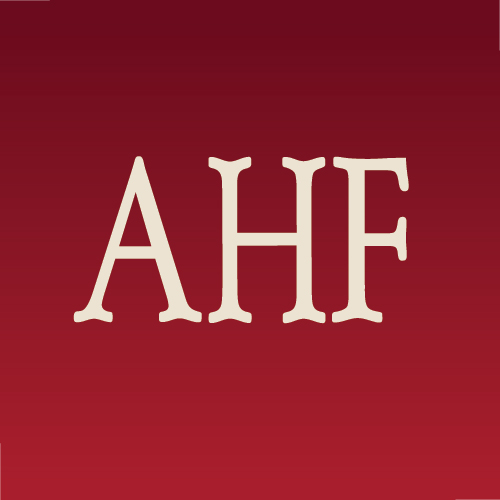April 25, 2019— President Trump’s ambitious campaign to end the HIV epidemic in the U.S. will rely heavily on the 340B drug pricing program, according to senior administration officials. A key focus of the effort is to connect people at risk of HIV infection to pre-exposure prophylaxis (PrEP), a treatment that can cost nearly $2,000 a month.
In his State of the Union Address in February, President Trump announced his administration was launching an initiative to eliminate new HIV infections in the U.S. by 2030. Earlier this week, a top Department of Health and Human Services (HHS) official offered some new indications of how the administration plans to use the power of 340B to help achieve this goal.
The administration’s recognition of the value of the 340B program in supporting access to care for at-risk populations is welcome news to 340B entities, who are key providers of HIV care. Yet the Trump administration and some in Congress continue to pursue rollbacks of the program that would hamstring many of the very providers who will be integral to this HIV strategy.
Brett Giroir, M.D., the HHS Assistant Secretary for Health, told a Kaiser Family Foundation-hosted forumthat the government will focus on providing preventive care to patients at risk of contracting HIV who are not receiving those services. The Centers for Disease Control and Prevention (CDC) has estimated that less than 10 percent of Americans who could benefit from receiving PReP are doing so now. The administration aims to boost that percentage to 50 to 60 percent.
HHS expects most new patients receiving care through the initiative will be uninsured. So Giroir says the administration wants to utilize 340B discounts so more patients can obtain HIV preventive care from Ryan White HIV/AIDS Clinics (RWCs) and federally qualified health centers (FQHCs).
“We are very cognizant about the price of PrEP,” Giroir said. “We intend to use the 340B program, which allows PrEP to be obtained at a much lower cost to the the government.”
RWCs and FQHCs play a large and continuing role in the fight against HIV and are strong supporters of 340B. But it is important to recognize the power and potential that 340B brings to this battle across the spectrum of safety-net providers, including hospitals. In addition, these providers offer not just HIV preventive services, but also treatment that can halt the spread of the virus.
For example, research has documented the fact that 340B disproportionate share (DSH) hospitals are 84 percent more likely than non-340B hospitals to offer HIV treatment. These treatments help to suppress HIV in people living with the condition so that they no longer can transmit the virus to others.
Moving together toward our shared goal of eliminating HIV in the U.S. depends on 340B remaining an available resource for all eligible safety-net providers who are leading the charge on HIV, including hospitals. To take a different approach would be to undercut this goal.
It is heartening to see real progress being made toward a nation free from HIV. All of us look forward to seeing how a continued, comprehensive commitment to 340B can help get us there.
*Source: 340binformed.org

